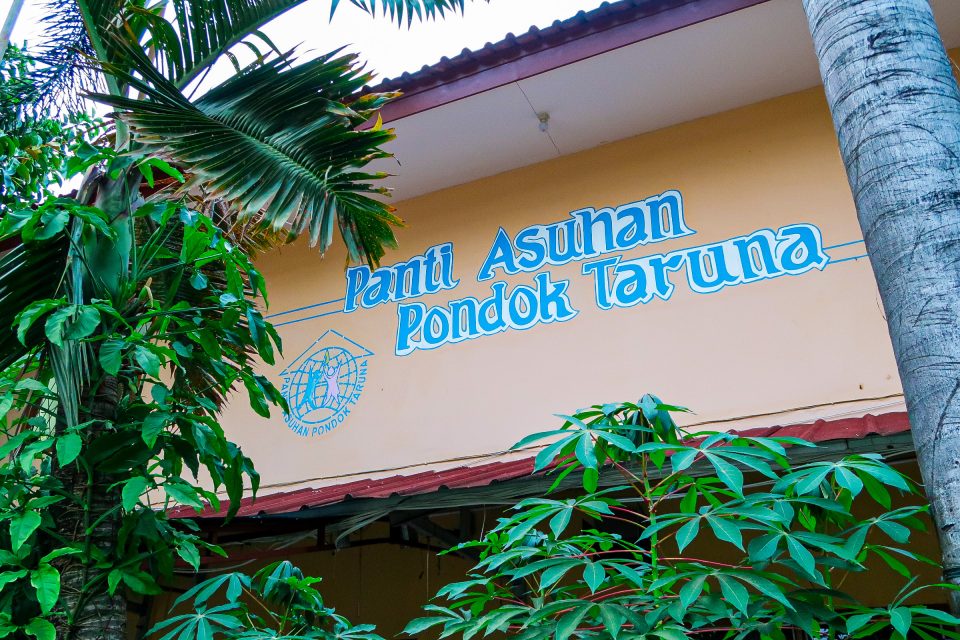I happened to play the violin in elementary school. Looking back, I truthfully can’t think of an explanation behind it.
What I do know is, I truly loved it. Spending early mornings or after school sessions bowing along was bliss.
I continued to play at a new school, alas my musical journey ended in a fizzle in junior high. I found that not many of my peers indulged in the same “bliss”. In one way or another, I made an impact at that new school by introducing this serene, melodic instrument into its musical curriculum.
Over two decades later, I met some adorable kids who found their passion in being a part of a string orchestra. They started playing the violin, viola, cello, and the upright bass a bit older than I initially did, yet their enthusiasm and focus awed me. These kids are from the Pondok Taruna orphanage in Cipayung, East Jakarta.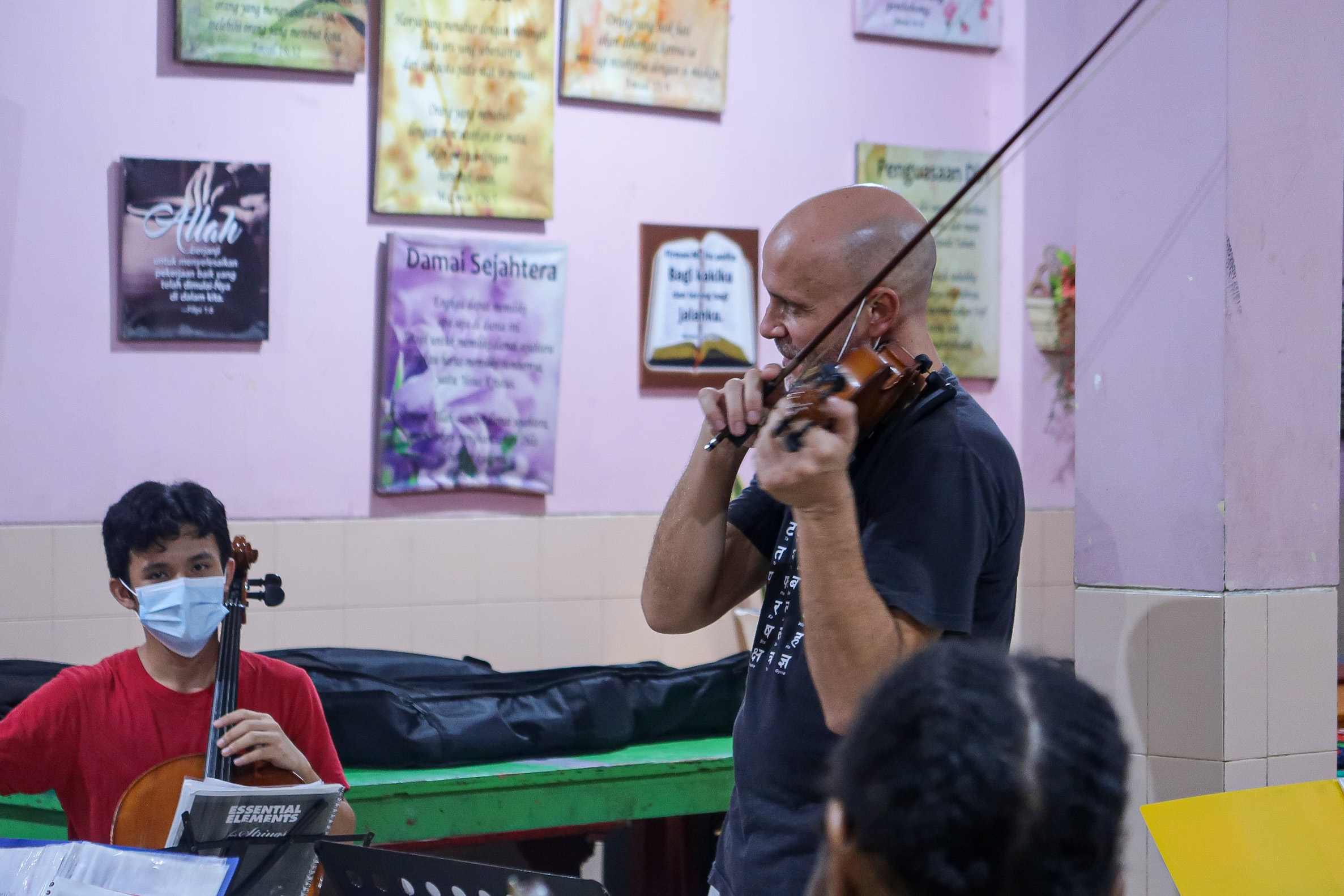
A serene sanctuary infused with laughter and joyful screams from children hailing from across the country, Ibu Liu, as the founder, has provided a home to countless children for the past 29 years. Liu was a social services worker who provided medical services to underprivileged people living under bridges and on the edge of the rails of the capital. “Back then, there was no BPJS, meanwhile, there were people who were rejected to seek medical care due to having no money. My husband and I wanted to help,” she recalled.
“I see many children who were neglected and ‘had no future there. I’ve always thought that taking care of other people’s children isn’t easy. I didn’t want to take care of neglected children without having any resources. God seemed to constantly whisper to my heart: take them in and help. I eventually ventured to do it.”
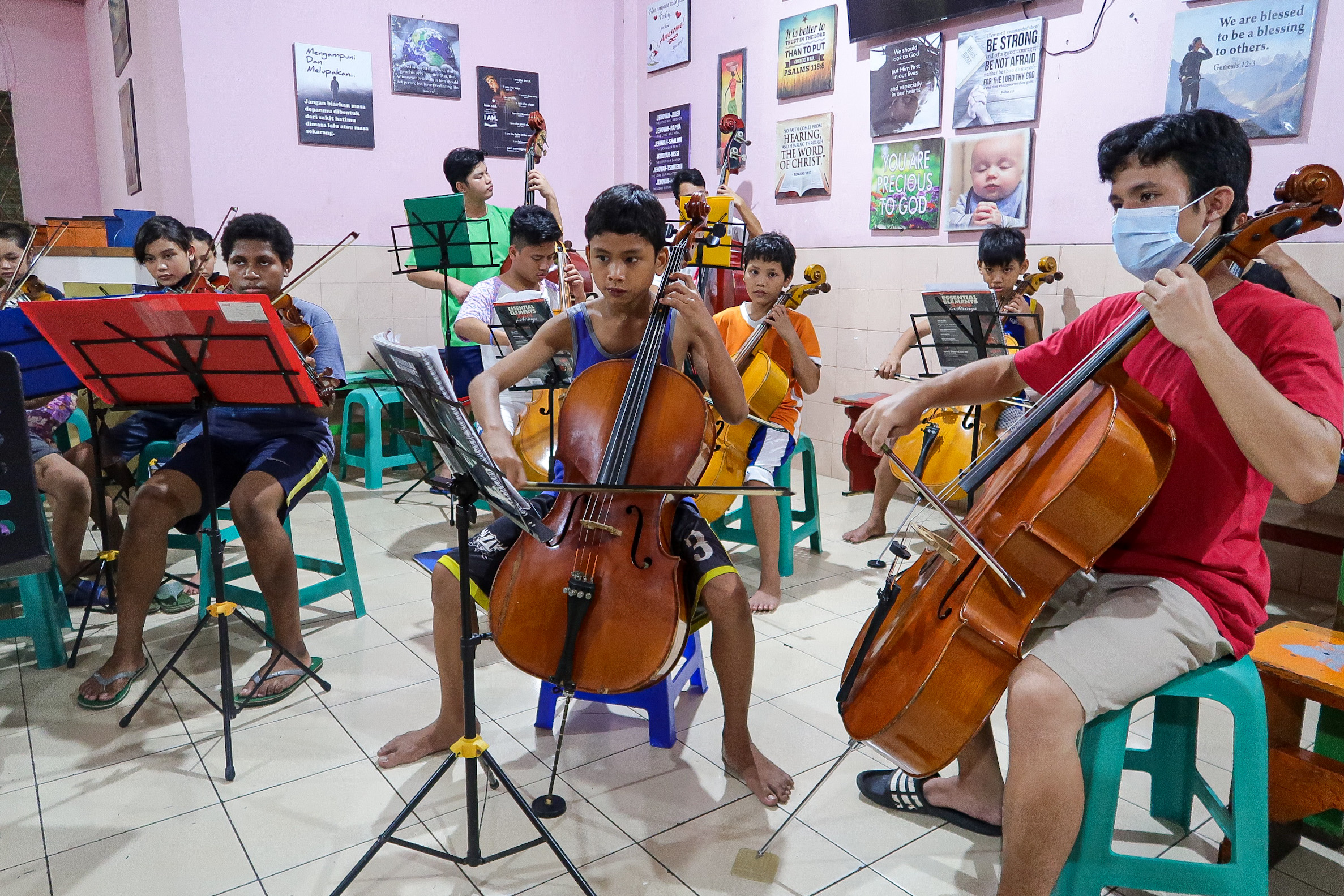 Liu had no compound to place the kids nor did she have sufficient funds. All she had were prayers. Life took its course and showed brighter signs for the orphanage. After its first ten years, necessary repairs and renovations were completed. “I never asked for donations. If anyone wants to help, I prefer the money allocated to other useful activities to make this a comfortable and safe home for the kids,” she emphasised.
Liu had no compound to place the kids nor did she have sufficient funds. All she had were prayers. Life took its course and showed brighter signs for the orphanage. After its first ten years, necessary repairs and renovations were completed. “I never asked for donations. If anyone wants to help, I prefer the money allocated to other useful activities to make this a comfortable and safe home for the kids,” she emphasised.
As we chatted, I heard a live orchestra coming through the cafeteria. The kids were rehearsing with Gonzalo Simo, a strings teacher who’s mostly serenading through Jakarta Intercultural School’s (JIS) music/strings classes while also taking parts of his week flourishing the hidden talents of this orphanage’s kids.
To Simo, music is energy with a universal language. He explained, “You can’t see music; it has a lot of energy and represents something hidden. There’s a message in music.”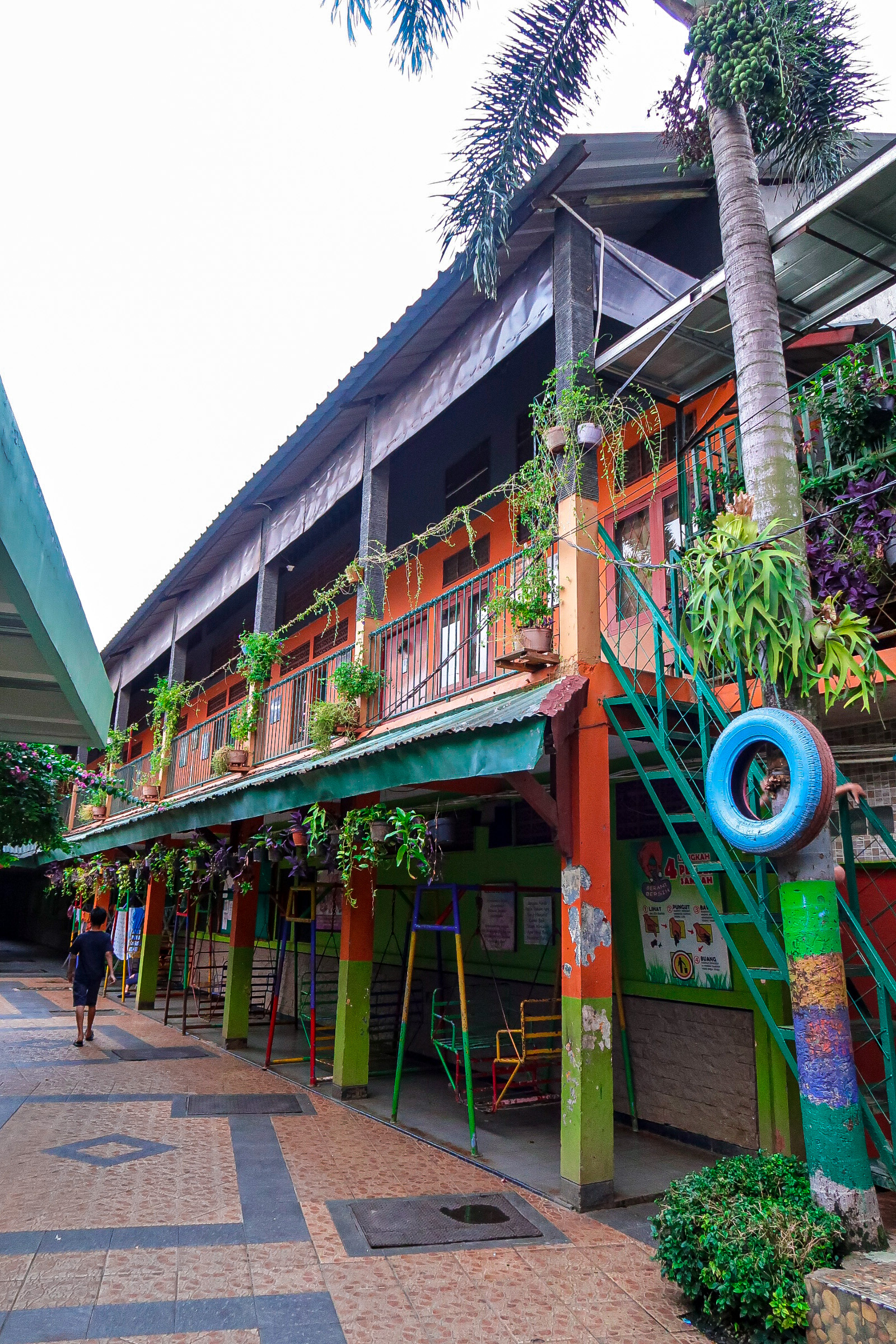
Originally from Spain, Simo has been working and living in Asia for the last 17 years. Music education is very important, especially nowadays where kids are more exposed to academics or sports. That’s nothing bad, clarified Simo, but there’s a certain stigma that becoming a musician isn’t a mark of success. Music’s significance holds the key to providing a quality education system. General education can be greatly enhanced by music education. Music is connected to, for example, maths found in the music notation or the intervals of the sound. Moreover, music is connected to memory, history, and movement as coordination takes place.
“When you study music, you have to be consistent – you have to practice every day,” stated Simo. That’s exactly what he instils in Strings in Action (SiA). To improve the lives of children in underprivileged communities by sharing music knowledge, SiA was inspired by El Sistema from Venezuela. Orchestras and choirs there provide children with music education to open a new life path. Simo explained that organisations all over the world have taken inspiration from this setup in their own countries – exactly what he did.
“I created a service club with two students from JIS and started SiA in Pondok Taruna in 2015 as an after-school activity,” he said. SiA’s name touched many hearts amongst the school’s community and elsewhere, then became a foundation in 2019 continuing to improve the lives of children from Indonesian communities in need by sharing skills, knowledge, and a passion for music through the formation of string orchestras for children at centres around Jakarta who wouldn’t otherwise have access to music education. “We expanded the project and now have three orchestras; two in Pondok Taruna and one in Abigail orphanage, Pamulang; we accommodate ages between 10 and 13, as well as 14-20 years old,” said Simo.
Mario, 14, recently started to play the cello. “I wish to play every day so that later I can teach other people wherever I might be,” he enthused.
 Songs played range from a large number of American composers to soundtracks from movies like Avengers, Star Wars, etc but originally composed music isn’t part of rehearsals yet; that’s saved for advanced musicians. “Whenever we have a concert, we also like to mix in other instruments. We don’t exclude anybody, including singers,” said Simo.
Songs played range from a large number of American composers to soundtracks from movies like Avengers, Star Wars, etc but originally composed music isn’t part of rehearsals yet; that’s saved for advanced musicians. “Whenever we have a concert, we also like to mix in other instruments. We don’t exclude anybody, including singers,” said Simo.
Furthermore, SiA collaborates with Amadeus Music School. “Thanks to them and some of their donors, we have six responsible and diligent students joining Amadeus on its scholarship program,” Simo said, proudly. One student is in the works to hopefully get accepted to Pelita Harapan University’s School of Music. Thus, someday, he can help spread this project around Jakarta and nationally.
Learning music helps one to express themselves; it’s a language to convey ideas, feelings, and thoughts. Music is a hope for creating a better world by representing joy, peace, hope, integration, strength, and infinite energy.
Studies have proven that children learning a musical instrument have an advantage in academic abilities, self-esteem, and improved attitudes. Learning how to play an instrument produces lots of benefits in many different ways to the body and mind, such as stimulating brainwaves, boosting the immune system, easing muscle tension, improving motor skills, and helping keep creativity and optimism levels higher. Simo added it also helps to develop skills needed in today’s workforce; critical thinking, creative problem solving, effective communication, teamwork, and confidence.
“Playing music makes our hearts calm,” claimed 16-year-old aspiring cello musician, Fatih. It’s been five years since he picked up a cello after dropping his dream to become a football player. He was initially unsure about focusing on music, but he’s now under Amadeus’ scholarship program. Fatih is eager to be more active and serious about learning to play. “My favourite song is Perfect. I really like the cello because playing music makes us less stressed and confused about what we have faced in the past or our bad times.”
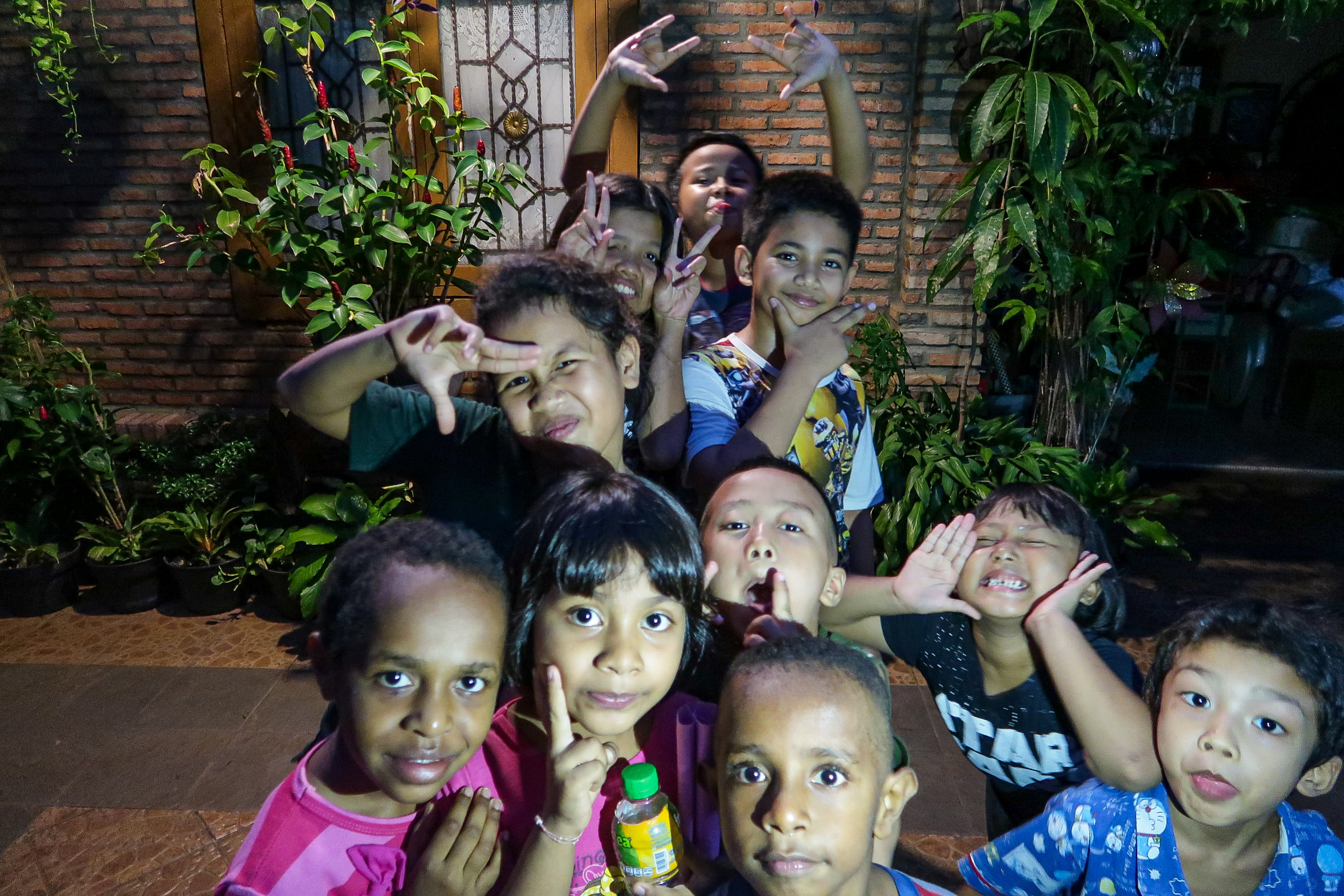 Another scholarship student is Fani, 12, who reckons playing the violin can bring her a brighter future. “I usually spend 30 minutes a day practicing over the last four years. Hopefully, I can become a violin musician and teacher when I get older,” said Fani. “It’s a hard instrument to master, but if we have the intention and keep practicing, I’m sure anyone can play.”
Another scholarship student is Fani, 12, who reckons playing the violin can bring her a brighter future. “I usually spend 30 minutes a day practicing over the last four years. Hopefully, I can become a violin musician and teacher when I get older,” said Fani. “It’s a hard instrument to master, but if we have the intention and keep practicing, I’m sure anyone can play.”
There’s much more to these orchestras. Not only are music skills developed, but also empathy and social skills. “We believe in the orchestra as a unique instrument for socialising children, giving them discipline, and passion. The orchestra is a community that cooperates with solidarity and therefore it becomes a school,” stated Simo.
Liu concurs. These kids have always been confident but their confidence has been enhanced. “I yearn for the violin, though it’s stereotyped for the upper-class. People usually describe the orphanage filled with difficult, depressed children who are abandoned. That’s not the case,” emphasised Liu.
This pandemic has, however, put SiA’s plans on hold to expand into another orphanage. Despite the circumstances, Simo is positive about the future. Massive support, in terms of tools and resources, to maintain the project don’t stray away.
“Life without music would make us not alive. It’s a connection. Our heart has a rhythm produced from the heartbeat – a sound that when it ends, our heart stops beating, therefore our lives end,” expressed Simo. “You feel happier when you make other people happier. I wish I could’ve done this more in the past.”
How can you help?
String specialists can help out with rehearsals, musicians can share their musical knowledge (either theoretical or practical), provide economic assistance, or simply spread the word to friends and family. “Your presence there, regardless of what you’re doing, excites these kids,” concluded Simo.
- Website: https://www.stringsinaction.com/
- Instagram: @stringsinaction




